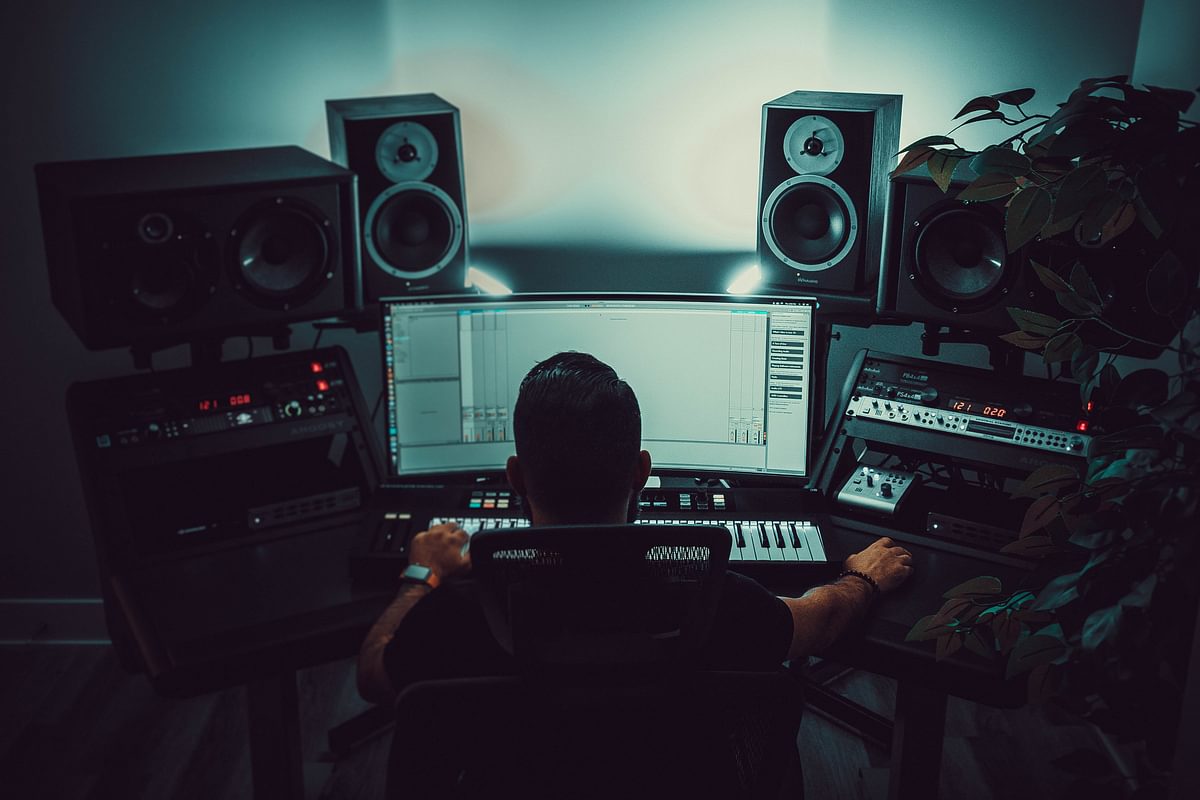
Mixing music is both an art and a science, and there are many approaches to achieving the perfect mix. Here are some proven ways to help you get there:
- Start with a clean and organized mix: Before you start mixing, make sure that your tracks are well-organized and labeled properly. This will help you navigate your mix more efficiently and reduce the chances of errors.
- Use reference tracks: It can be helpful to listen to other songs in the same genre as your mix, to get a sense of the tonal balance, spatial depth, and overall sound. This will give you a benchmark to aim for and help you make decisions about the EQ, compression, and reverb in your mix.
- Pay attention to the levels: Balancing the levels of your tracks is critical to achieving a good mix. Make sure that each instrument and vocal sits in the mix at an appropriate level, and that there are no parts that are too loud or too soft.
- Use EQ to carve out space: EQ is an essential tool for mixing, and it can help you create a sense of space in your mix. Use EQ to cut out frequencies that are not needed, and boost frequencies that help each track sit well in the mix.
- Use compression wisely: Compression is another powerful tool for mixing, but it can be easy to overdo it. Use compression to tame peaks and create a more consistent sound, but be careful not to squash the dynamics of your mix.
- Use panning to create space: Panning can help you create a sense of space in your mix, and make it feel more immersive. Experiment with panning different instruments and vocals to different positions in the stereo field, to create a sense of depth and width.
- Use reverb and delay to create depth: Reverb and delay can help you create a sense of depth and space in your mix, by placing tracks in a virtual acoustic environment. Be careful not to use too much reverb or delay, as this can make your mix sound muddy or washed out.
- Take breaks and listen with fresh ears: It's easy to get lost in your mix, so take frequent breaks to give your ears a rest. When you come back to your mix, listen with fresh ears, and make adjustments as needed.
By following these tips, you can achieve a well-balanced mix that sounds polished and professional. But remember, mixing is an ongoing learning process, and it takes time and practice to develop your skills.


